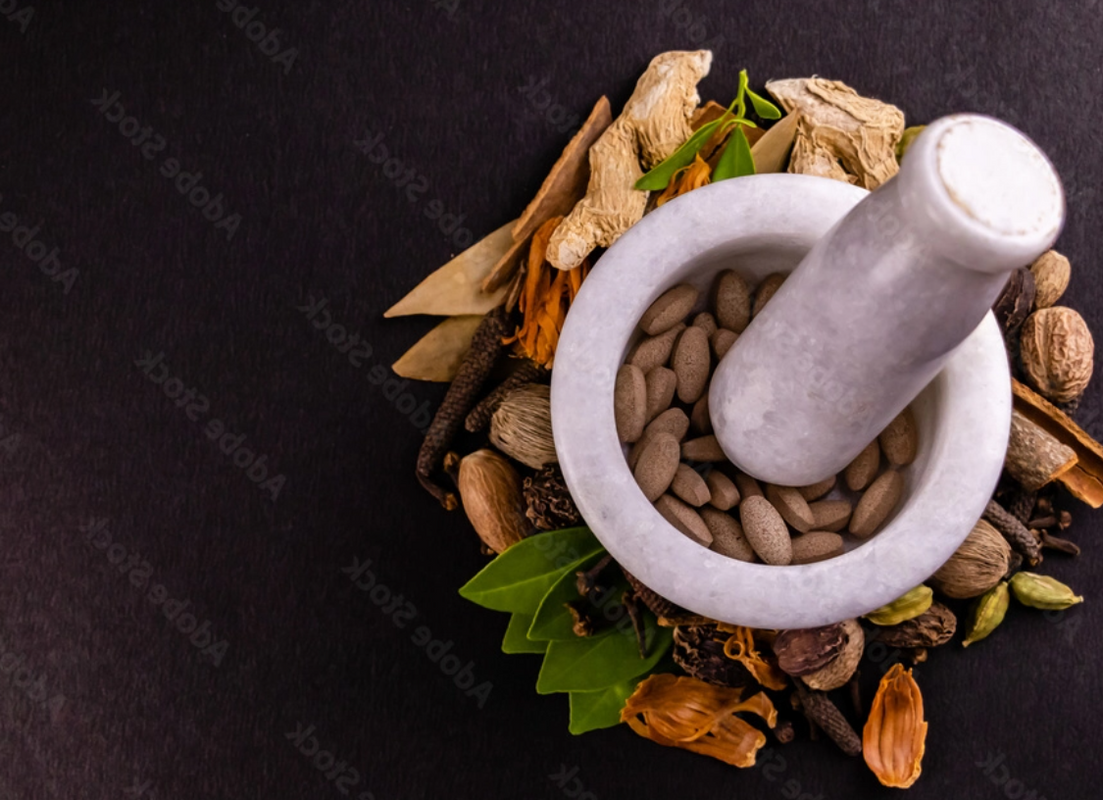Basic vitamins and minerals a women needs
Vitamins and minerals are essential to life. Without them, we couldn’t even think to breathe, digest food or walk around. Living the lifestyle of your choice can take a toll on your body. It becomes hard to make sure you’re consuming the proper vitamins to sustain your health. There’s a saying, keep yourself healthy with the right mix of vitamins and the best thing to do is to keep up a balanced diet.
As women, we tend to be more aware of the need to take care of our bodies and consider the best vitamins for us. Mother Nature’s blueprint isn’t exactly high-tech, and no matter what cosmopolitan devices we use certain age-old processes are going to continue, both monthly and over the course of a woman’s lifetime. Vitamins are essential for your overall health. Getting them in the daily recommended intake amounts can be easy if you maintain a healthy, balanced diet. Vitamins and micronutrients are essential for normal cell function, growth, and development. Since we can’t produce all the nutrients we need, we must get them from the food we eat. Here is a list of vitamins that are imperative for the body to function properly.
Calcium
Calcium is your single best defense, getting an adequate of them is important for bone strength. The mineral also helps build strong teeth and nourishes your nervous system. It is also crucial for regulating heart rhythms, aiding in muscle functions, and controlling blood pressure and cholesterol levels. Women should be careful to get enough calcium throughout life. You should build bone density in your 20s because the body will lose some of that bone in later years. The more you start with, the better off you are. A woman requires 1,000 milligrams of calcium per day.
Iron
Too little of this mineral can spell anemia and a weakened immune system. Adolescent girls are at a higher risk for iron deficiencies, and women, in general, need to be careful to get enough since the demand for iron increases during menstruation due to blood loss. Women aged 19 to 50 years need 18 mg of iron daily, pregnant women need 27 mg of iron daily, and a woman aged 51 years or more requires 8mg every day.
Vitamin D3
Vitamin D helps your brain cells communicate, boosts immunity, and together with calcium promotes healthy bones. When a woman gets older, their skin is unable to absorb Vitamin D from the sun, and they can become deficient. Vitamin D is important for bone/skeletal health, brain functions, preventing mood disorders, and hormonal balance. Vitamin D3 can be obtained from certain foods like dairy products, and mushrooms, but we get the overwhelming majority of our vitamin D from sun exposure.
Vitamin C
Everybody could use more vitamin C. It's an antioxidant known to fight infections and chronic diseases. Vitamin C can also help with collagen creation to prevent wrinkles and dry skin. It also boosts levels of the brain chemical called noradrenaline, which makes you feel more alert and amps up your concentration. You can get vitamin C from broccoli, grapes, kiwi, oranges, peppers, potatoes, strawberries, and tomatoes.
Iodine
Iodine is essential in maintaining healthy thyroid function, which will regulate your metabolism. Pregnant women especially need extra iodine for their baby's development. You can absorb a better amount of iodine from iodine-rich food like milk, yogurt, cheese, grains, seaweed, and iodized salt.






